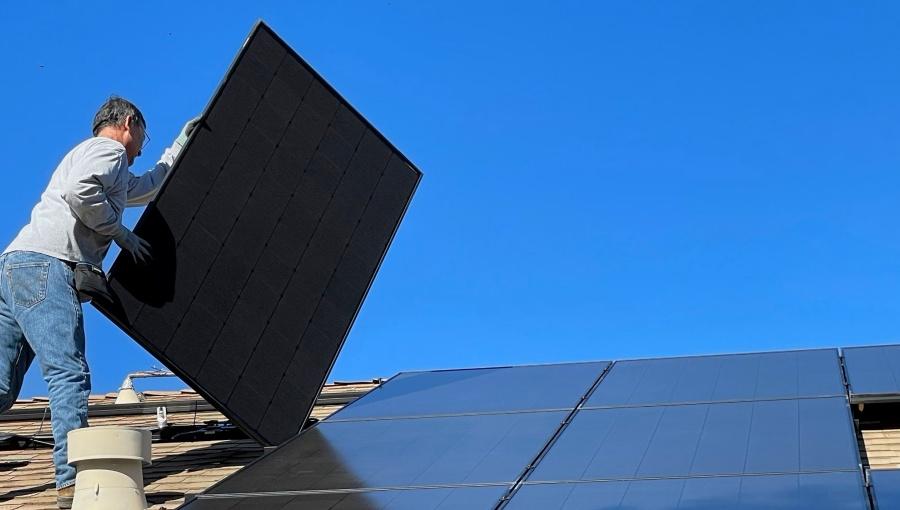
In 2024, Pakistan imported 22 gigawatts of solar panels, marking one of the most significant shifts toward renewable energy in the country’s history. This amount of solar imports is greater than Canada’s entire installed solar capacity and even exceeds the United Kingdom’s total solar additions over the past five years, according to Clean Technica.
The majority of these solar installations took place in the private sector, particularly on commercial buildings, textile mills, and farms. This rapid uptake happened largely without direct state investment. However, the government did play a vital enabling role—removing import tariffs on solar equipment, approving net metering policies, and allowing market demand to shape the transition.
Pakistan’s improving internal security, better governance, and stronger institutions have helped the country stand out in a region long dominated by China and India in terms of renewable energy. As a result, Pakistan’s greenhouse gas emissions now sit at approximately 490 million tonnes of CO₂ equivalent—similar to levels from the late 2010s—keeping the country outside the list of the world’s top ten emitters.
Per capita emissions are also low at around 2 tonnes, much less than the global average of 6 tonnes. However, the country still struggles with high emissions per unit of GDP, mostly due to its heavy reliance on fossil fuels and ageing industrial infrastructure.
Pakistan’s national power grid remains a major weakness. It frequently suffers from blackouts and price instability, and relies heavily on imported fuel. These problems, combined with the falling global cost of solar panels and rising diesel prices, made solar an attractive solution for both households and businesses.
To support this solar boom, hybrid inverters and lithium-ion batteries are being widely used, especially in remote or heavily populated areas prone to blackouts. While solar dominates the headlines, wind and hydropower still play important roles. Wind projects are mainly focused in the Gharo-Jhimpir corridor, while biomass and hydropower also support the national energy mix.
Despite this progress, there are ongoing concerns about the future of the power grid. As more high-demand users generate their own electricity, utility companies are losing revenue, raising questions about long-term grid sustainability in cities like Lahore, Karachi, and Islamabad.
In a bold move, Pakistan has also announced a 400-megawatt green hydrogen project powered by solar and wind. This project will support industrial needs, especially in fertilizer production. Meanwhile, the electric vehicle sector is growing, with investments from Chinese firms and local companies pushing the shift toward cleaner transport options.
Pakistan’s efforts reflect a larger trend across Asia, where developing nations are prioritizing infrastructure and sustainability. Despite the challenges, the scale and speed of Pakistan’s energy transition signal a major step forward in its commitment to clean energy.
Technology
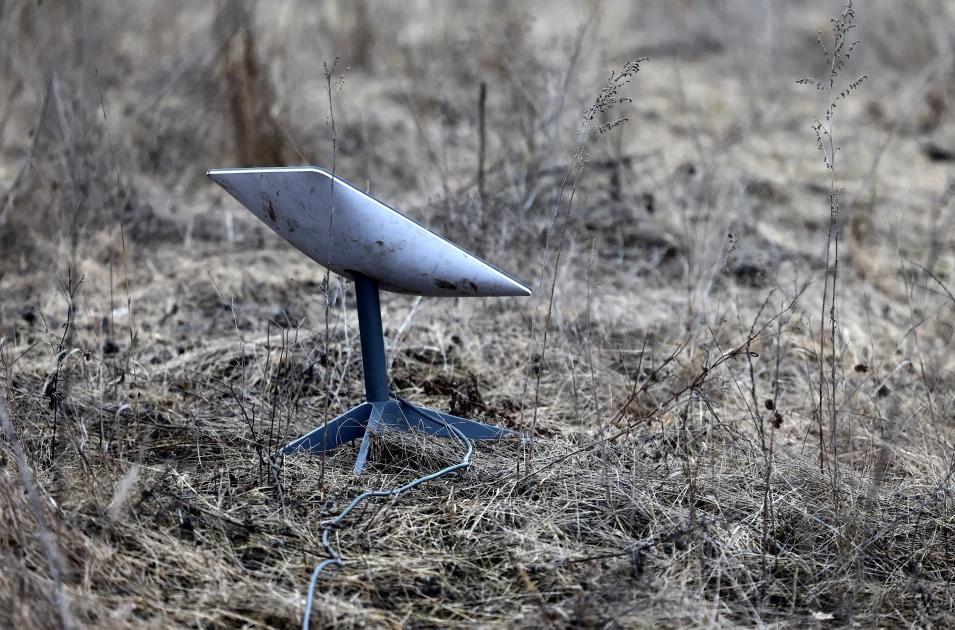
Amazon Launches First Batch of Kuiper Internet Satellites
Amazon has successfully launched its first 27 internet satellites, marking the beginning of its Kuiper project to rival Starlink.

Perplexity Adds Smart Voice Assistant in Major iOS App Update
Perplexity has launched a new AI voice assistant in its iOS app, aiming to make everyday tasks easier and hands-free.

Demis Hassabis: How AI Could Cure Disease and Reshape Life
Artificial intelligence is advancing faster than expected, and according to Google DeepMind CEO Demis Hassabis, its potential could radically transform the world—possibly even curing all diseases and ending scarcity.

Scientists Detect Possible Signs of Life on Alien Planet K2-18 b
In a groundbreaking discovery, scientists using the James Webb Space Telescope (JWST) have found the strongest evidence yet of potential life beyond our solar system.
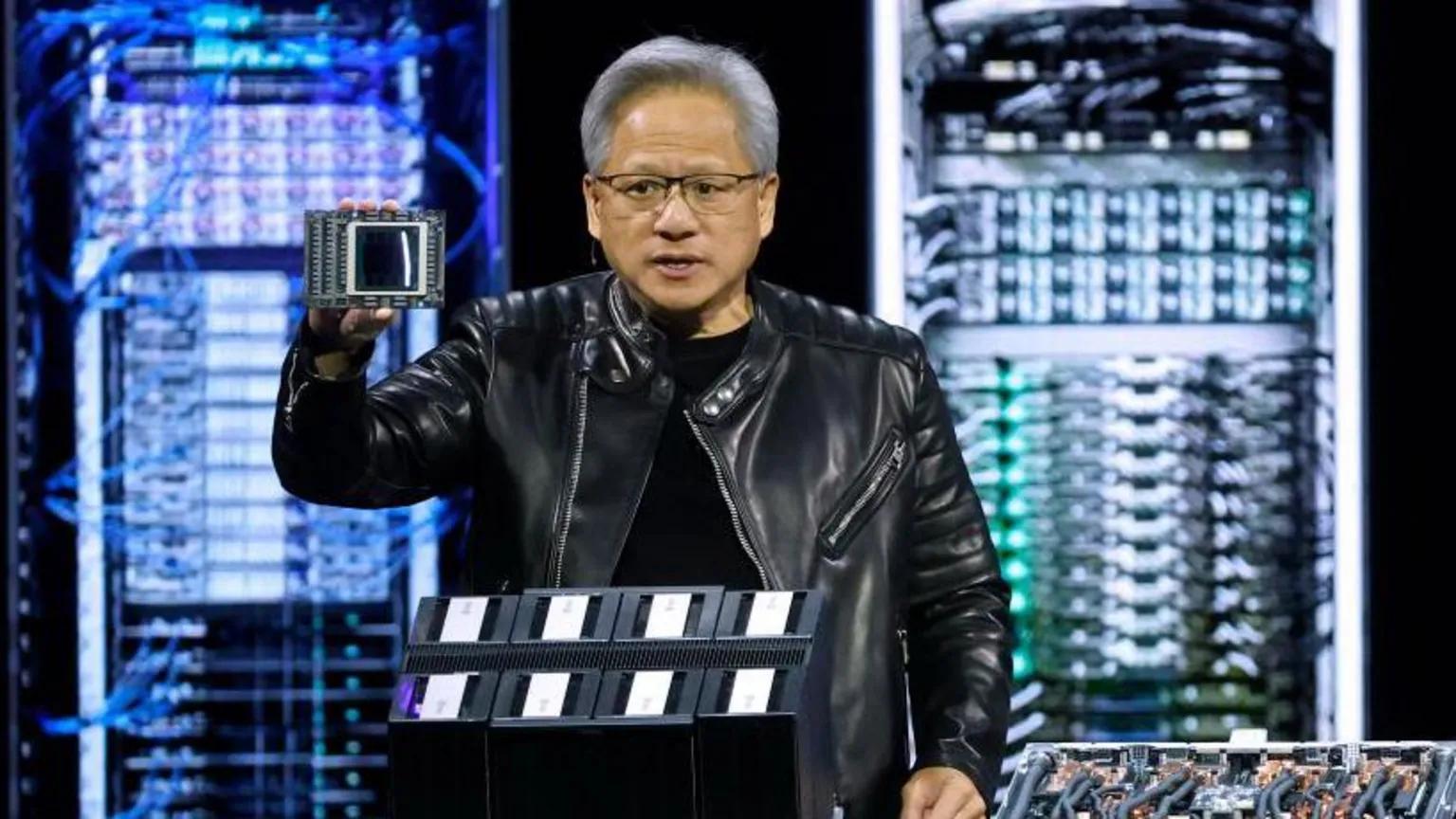
Nvidia Faces $5.5bn Loss After US Blocks Chip Exports to China
Nvidia expects to lose $5.5 billion after new US rules tightened restrictions on exporting AI chips to China.

Mark Zuckerberg Testifies in Meta's Antitrust Trial Against FTC
Meta CEO Mark Zuckerberg testified on Monday in the ongoing antitrust trial filed by the Federal Trade Commission (FTC), which could have significant consequences for the company, including its potential breakup.
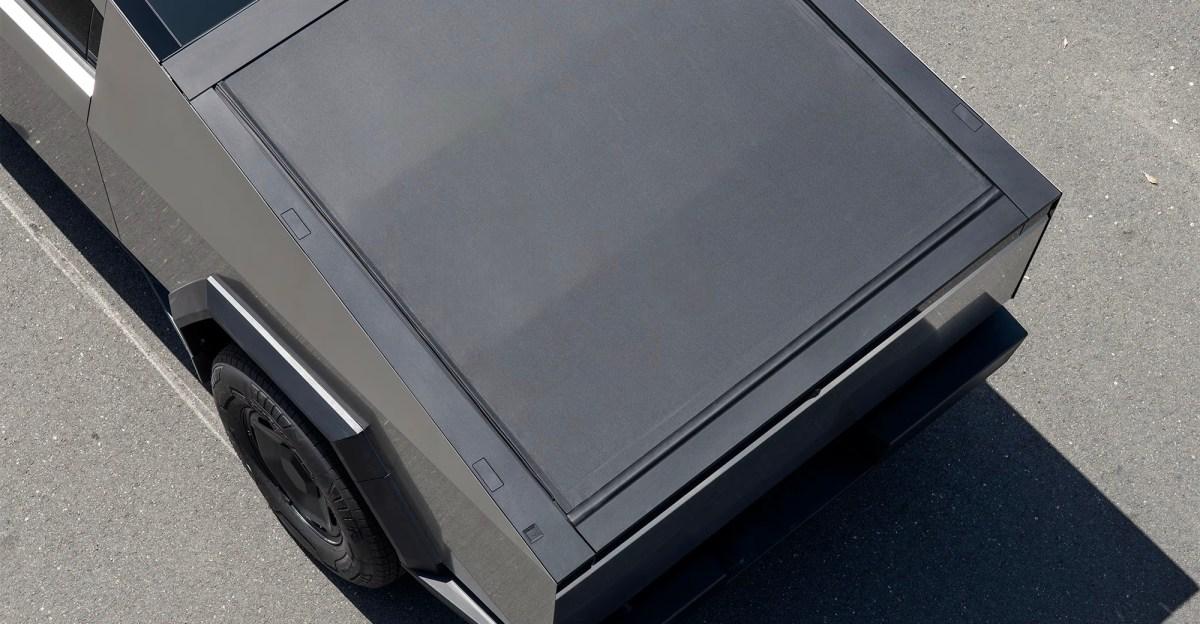
Tesla Unveils Cheaper Cybertruck With Longer 350-Mile Range
Tesla has introduced a new rear-wheel-drive Cybertruck model with a longer range and a lower price tag than before.
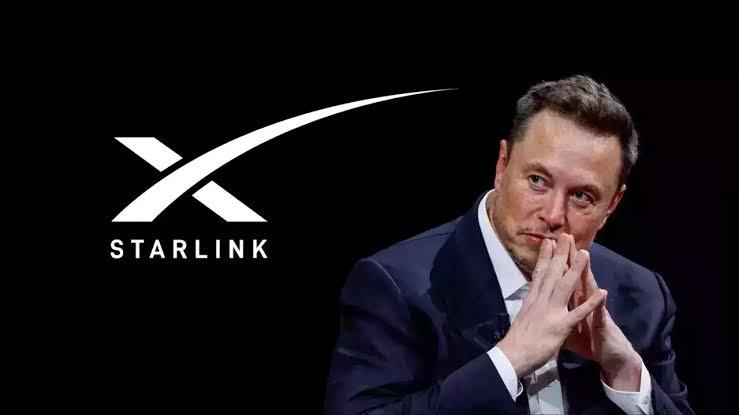
Lesotho Faces Growing Pressure to Approve Starlink's Operating License
Lesotho is under increasing pressure to grant Starlink, the satellite internet service owned by SpaceX, an operating license to provide coverage in the country.

How Trump's Tariffs Could Push iPhone Prices Higher
President Trump's tariffs on Chinese imports could significantly increase the price of iPhones, which are mostly manufactured in China.

Meta Expands Teen Safety Features to Facebook and Messenger
Meta is rolling out its Teen Accounts safety system to Facebook and Messenger, aiming to create a more secure experience for users under 18.

BYD Unveils Sealion SUVs and Shark Bakkie in South Africa
Chinese automaker BYD has launched its new range of vehicles in South Africa, featuring the Sealion SUVs and the Shark bakkie.

ChatGPT’s New AI Image Generator Now Available for Free Users
OpenAI has announced that its latest AI image generator, "Images in ChatGPT," is now accessible to free users.